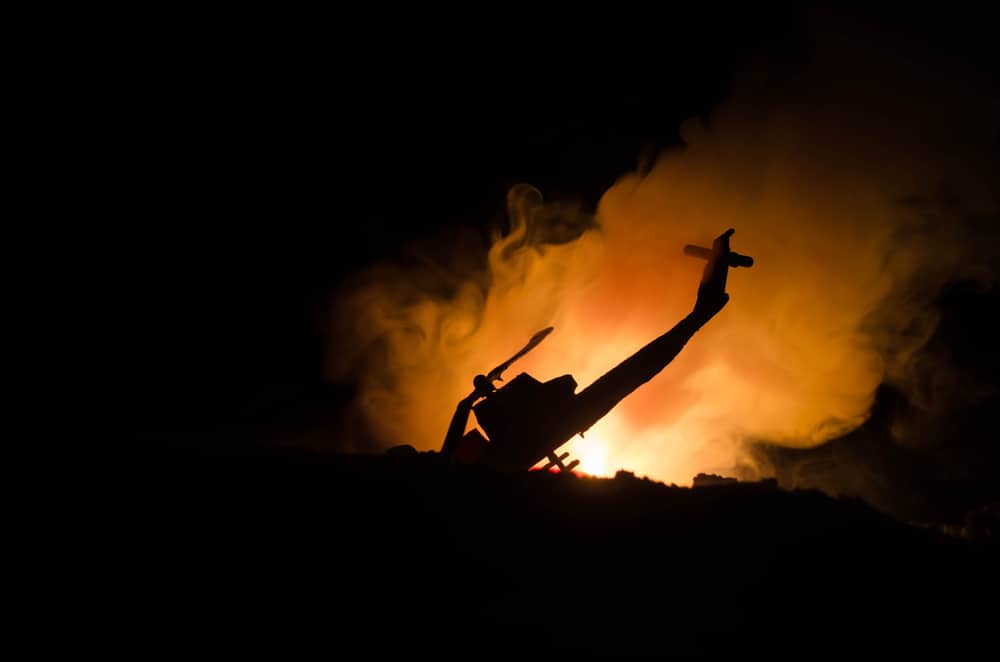The United Nations General Assembly (UNGA) is expected to upgrade the Palestinian status at the UN, granting it almost all statehood rights within its plenum short of allowing it to vote.
The United Arab Emirates is expected to submit a resolution, a draft of which The Jerusalem Post saw, calling on the United Nations Security Council to grant Palestine full membership status in the UN.
The text, likely to have majority support, states that “Palestine is qualified for membership in the United Nations following article 4 of the Charter and should therefore be admitted to membership in the United Nations.”
The Palestinian Authority, through the UAE, turned to the General Assembly after the United States vetoed its membership application to the United Nations Security Council (UNSC) last month. The US is one of five permanent UNSC members with veto power.
The UAE resolution “recommends” that the Security Council “reconsider the matter favorably,” but its text seeks to circumvent the UNSC’s sole power to determine UN membership.
UNGA resolutions, however, cannot be vetoed, and the PA has automatic majority support in the UNGA, where some 140 of its members already independently recognize Palestine as a state.
The UNGA does not have the formal power to grant Palestinians UN membership, but it can provide them with de-facto recognition that allows them to operate as a state within the UN system.
In 2012, the UNGA voted 138-9 to grant the Palestinians the status of a non-member observer state. This move allows them to participate in UN forums and sign many statutes and treaties, including the Rome State, which governs the International Criminal Court.
According to the current draft of the resolution, this Friday, the UNGA would grant Palestine the right to operate within its plenum as a member state, granting it almost everything but the right to vote, which would need UNSC approval.
The resolution affirms “the right of the Palestinian people to self-determination, including the right to their independent State of Palestine.”
In practice, the State of Palestine could be seated among the member states and be granted broad rights to address the plenum on its behalf or that of groups.
The Palestinians could submit resolutions, proposals, and amendments on their own behalf or on behalf of groups within the UN system.















